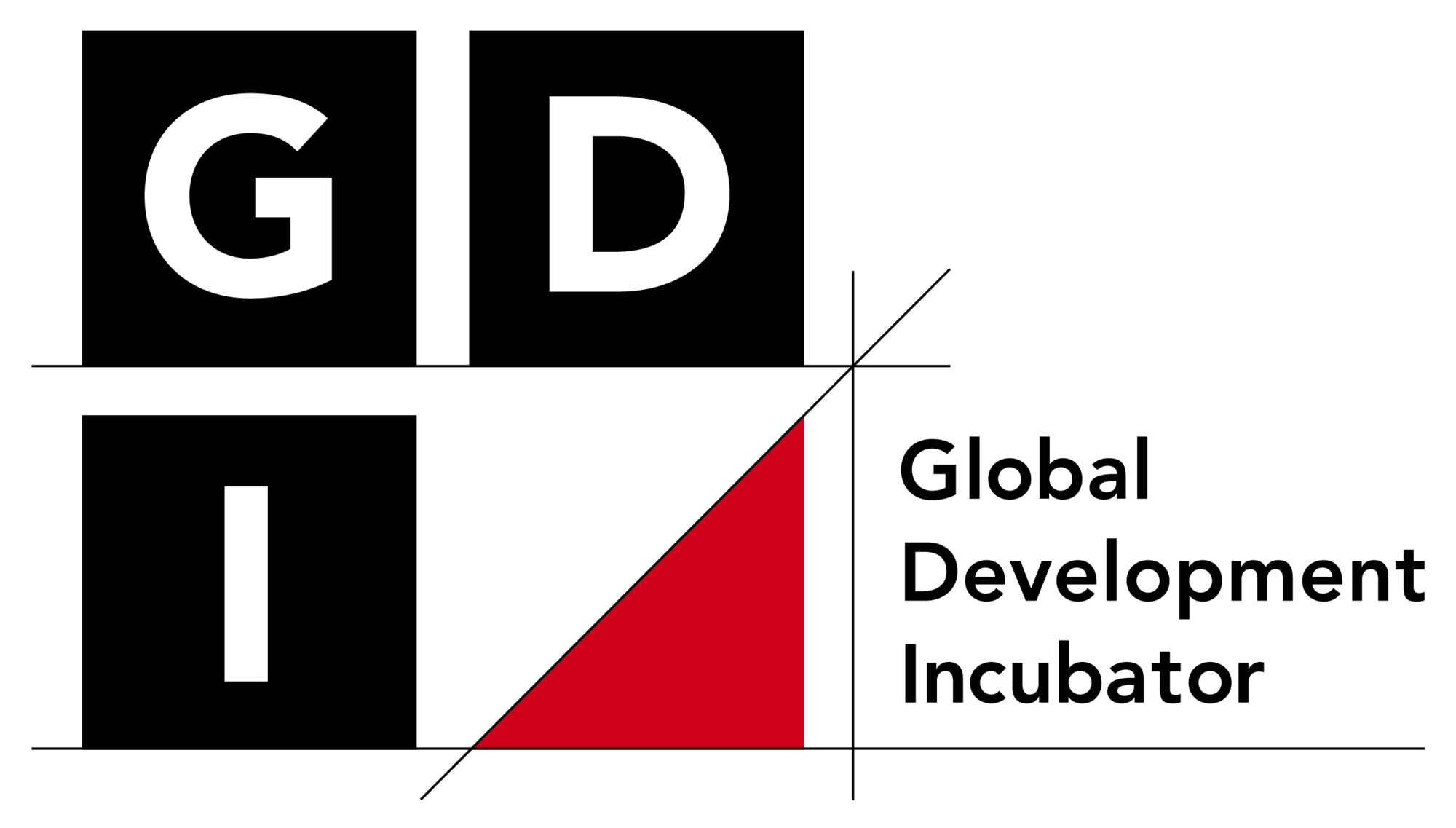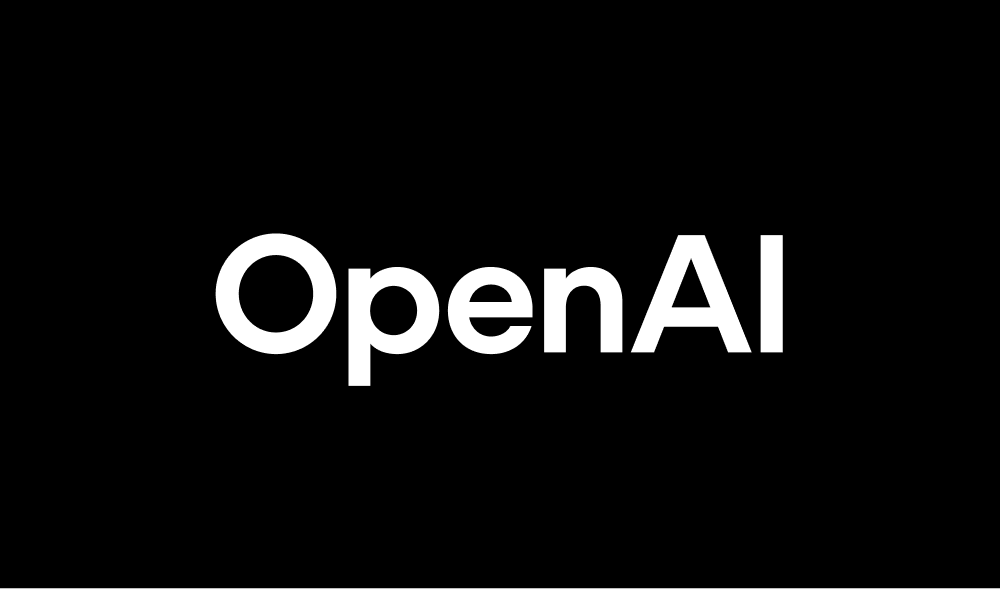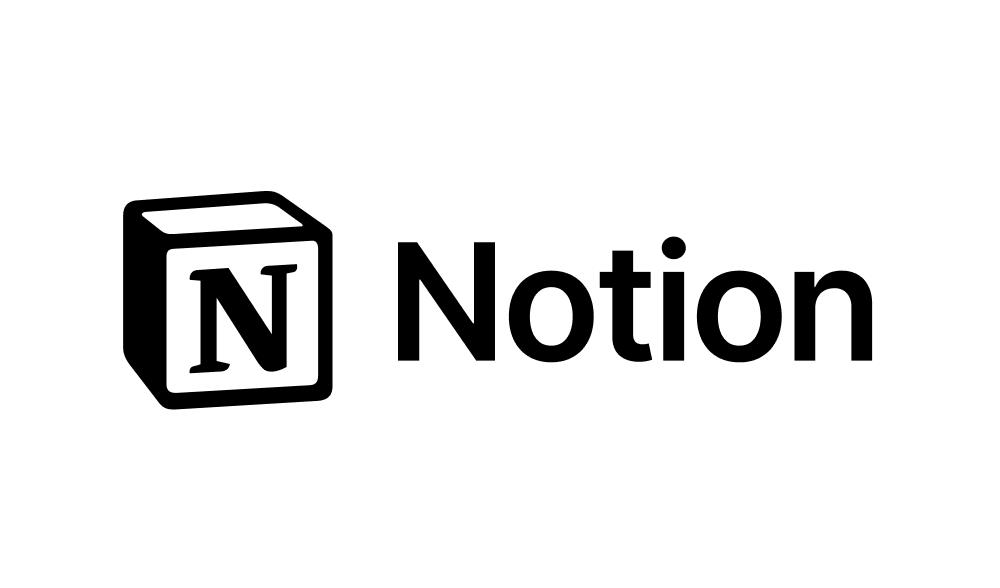Run IRL ads as easily as PPC
AdQuick unlocks the benefits of Out Of Home (OOH) advertising in a way no one else has. Approaching the problem with eyes to performance, created for marketers with the engineering excellence you’ve come to expect for the internet.
Marketers agree OOH is one of the best ways for building brand awareness, reaching new customers, and reinforcing your brand message. It’s just been difficult to scale. But with AdQuick, you can plan, deploy and measure campaigns as easily as digital ads, making them a no-brainer to add to your team’s toolbox.
You can learn more at AdQuick.com
AI's Double-Edged Sword: How Artificial Intelligence is Reshaping Both War and Peace
The Dark Reality: When Machines Decide Who Lives and Dies
The numbers are staggering and terrifying: Israel’s “Lavender” AI system has flagged 37,000 Palestinians as suspected militants for assassination, with military sources admitting they treated the AI's outputs “as if it were a human decision.” The companion system “Where’s Daddy?” tracks these targets to their homes—often killing entire families in the process. This isn't some dystopian future—this is happening in real time, accelerating death at unprecedented scales while tech executives count record profits.
The profit motive behind this mechanized killing is undeniable and obscene. Anduril Industries, valued at over $30 billion, nearly doubled its revenue to $1 billion in 2024 while securing $1.5 billion in contract value. Palantir’s U.S. government contract revenue surged 40% to over $1 billion, driven largely by military AI sales. Meanwhile, the global military AI market is ballooning from $9.31 billion in 2024 to a projected $19.29 billion by 2030—an innovation arms race with lethal consequences.

Silicon Valley's War Machine: Big Tech's Military Pivot
The transformation of Silicon Valley from “Don’t Be Evil” to “Don’t Miss Defense Contracts” has been swift and shameless. OpenAI, which banned military use just a year ago, now has a $200 million Pentagon contract and is partnering with weapons manufacturer Anduril to deploy battlefield AI. Google, Anthropic, and Elon Musk’s xAI each landed $200 million defense deals, as Fortune declared this moment “the new land grab” for military AI profits.
The human toll is devastating and growing. Israel’s AI systems have misidentified civilians, triggering arrests and interrogation of innocents flagged by flawed facial recognition. These systems favor speed over accuracy, with military officials conceding a “close to 10% margin of error”—meaning one in ten targeted individuals may simply be in the wrong place, with the wrong phone.
Regulatory Capture and Democratic Failure
The global response to these technological nightmares has been distressingly feeble. The UN Convention on Conventional Weapons has failed to ban lethal autonomous weapons, largely due to the obstruction of military superpowers. The UN General Assembly’s “killer robots” resolution, supported by 152 countries, remains toothless—little more than a bureaucratic fig leaf hiding the relentless automation of warfare.
Civil society groups are being excluded from key UN negotiations, letting arms exporters set the regulatory agenda. As one UN expert privately admitted, real negotiations have failed, and the world is now teetering at the brink of an unconstrained AI arms race.
The Peace Dividend: Can AI Actually Help?
Amid this dystopian surge, a handful of organizations deploy AI for peace instead of profit and war. The UN Department of Political and Peacebuilding Affairs and tools like Remesh facilitate AI-driven citizen engagement in conflict zones, translating dialects in real time so negotiators can authentically hear, and even act on, local concerns. Early warning systems such as the ACLED Conflict Alert System analyze global satellite imagery and social media to predict violence, while the International Crisis Group uses AI to spot both escalation risks and windows for diplomatic breakthroughs.
The Organizations Fighting Back
Thankfully, not everyone has surrendered to the military-industrial AI juggernaut. The International Committee of the Red Cross continues to advocate for binding new rules prohibiting ethically unpredictable autonomous weapons. Human Rights Watch and the Campaign to Stop Killer Robots are mobilizing to ban fully autonomous weapons and demand meaningful human control over every use of force. Their work is backed by powerful coalitions, such as the Campaign to Stop Killer Robots, and global human rights advocates like Amnesty International.
The Choice Before Us
We stand at a crossroads where the same technology could either enable predictive peacebuilding or entrench digital dehumanization and profit-driven violence. As UN Secretary-General António Guterres recently warned, machines with “the power and discretion to take human lives without human control are politically unacceptable, morally repugnant and should be banned by international law.” The fight over AI is not just about chips and code, but about whether we allow human dignity to be automated out of existence by those chasing profit and power. Will we let machines decide who deserves to live? The clock is ticking, and what we do now will define the moral limits of artificial intelligence for decades to come.
AI for Impact Opportunities
Choose the Right AI Tools
With thousands of AI tools available, how do you know which ones are worth your money? Subscribe to Mindstream and get our expert guide comparing 40+ popular AI tools. Discover which free options rival paid versions and when upgrading is essential. Stop overspending on tools you don't need and find the perfect AI stack for your workflow.

Sponsored
Supercool
See where the low-carbon economy is scaling up.
News & Resources
😄 Joke of the Day
Why did the neural network break up with the dataset?
Because it just couldn’t find the right parameters for a healthy relationship.
🤖 AI Fact of the Day
The first AI program, called Logic Theorist, was created in 1956 by Allen Newell and Herbert A. Simon. It proved mathematical theorems and is considered the "first artificial intelligence program"—a moment many call the birth of AI.
🌍 News
🧪 The fastest-growing software startup in history is… AI-powered.
Lovable, a new platform designed to help developers build faster and collaborate better, has officially become the fastest-growing software company ever. Its AI features for real-time collaboration and low-code prototyping are leading the charge.👩💻 Meta will allow AI use in technical interviews.
Meta is flipping the script—it now permits candidates to use AI tools during coding assessments. A bold move that may redefine fairness, creativity, and skill assessment in hiring.🌍 AI’s uneven impact on African job markets.
Rest of World explores how AI is reshaping professional employment in Africa. While AI is creating new efficiencies, it’s also threatening skilled white-collar roles, sparking urgent debates around inclusion and economic disparity.
💼 Impact Careers
Jobs.pcdn.global
This growing platform curates 1,500+ impact-driven roles around the world, helping professionals connect with ethical and meaningful opportunities in AI, climate tech, education, and more.
🔗 Find your next impact job
🔗 LinkedIn Connection
Jonathan Haidt – Social psychologist, author of The Righteous Mind, and a vocal advocate for ethical tech. His work increasingly focuses on how digital platforms and algorithms impact mental health, especially among youth.
🔗 Connect with Jonathan















